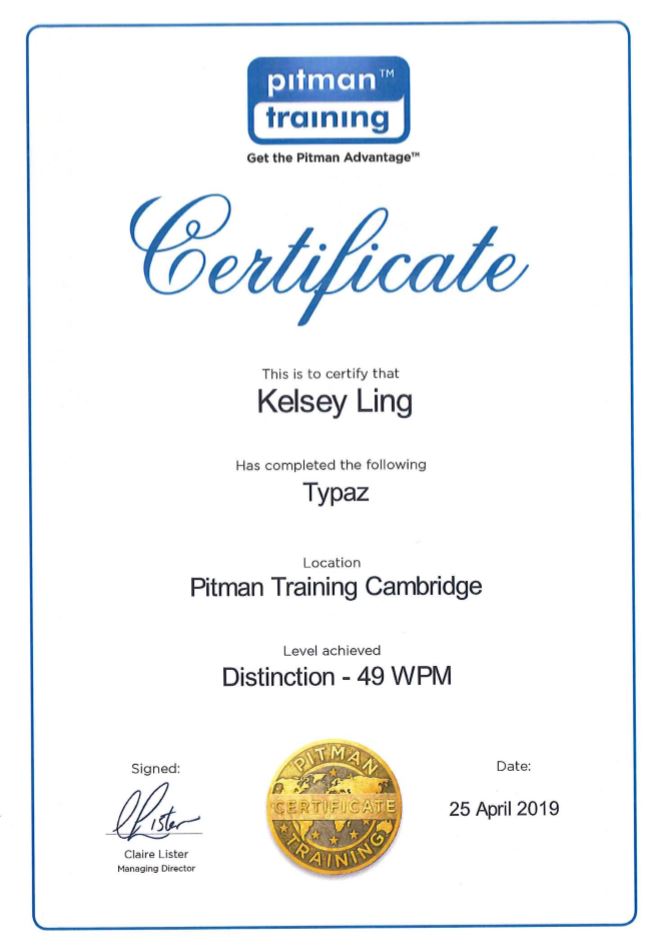Why make a Lasting Power of Attorney (LPA)?
Lasting Powers of Attorney could be considered as a type of insurance. Hopefully they would never be needed but if they are you are in a much better position for having taken one out.
A Lasting Power of Attorney can protect you and your assets if you became incapable of managing your own affairs.
You can become incapable of managing your affairs through various means and they are not just for the elderly. Illnesses such as dementia or Alzheimer’s are often the main reason for needing the document but they can be needed after an accident, stroke or other illness not just limited to the elderly.
You can only make a Lasting Power of Attorney while you have full capacity. They may or may not ever be needed. You do not lose the ability to manage your own affairs; they are only used if necessary and will only be used with your permission or upon receipt of a report from a medical professional to say that you can no longer manage your affairs. If you were to become incapable of managing your affairs and you do not have a Lasting Power of Attorney in place, your family would have to go through the lengthy and costly procedure of obtaining a Deputyship Order.
There are two forms of Lasting Power of Attorney. One is for your property and financial affairs which enables you to appoint someone to look after your finances if you become incapable. The other is for your health and welfare under which you can appoint someone to make decisions about medical treatment, where you live etc.
If you wish to discuss making a Lasting Power of Attorney either for Property and Financial Affairs or Health and Welfare, please contact one of our private client team who would be very happy to assist you.
For further advice or assistance please contact our Private Client Department







